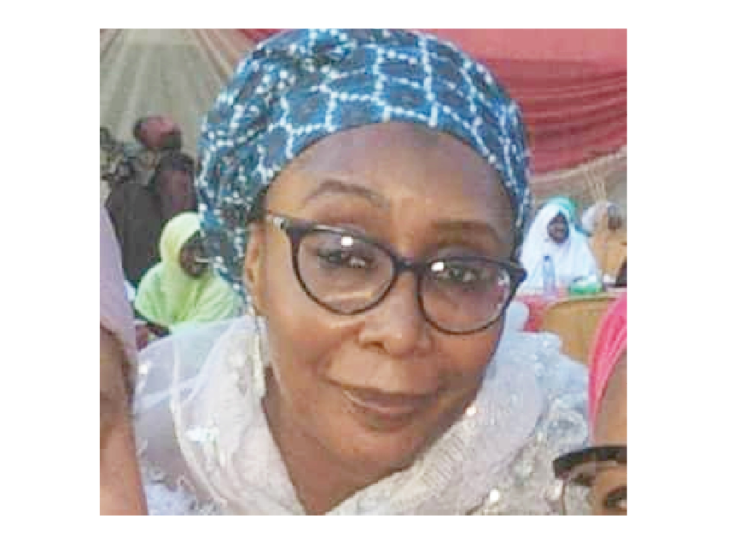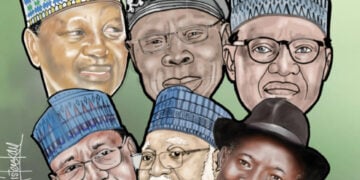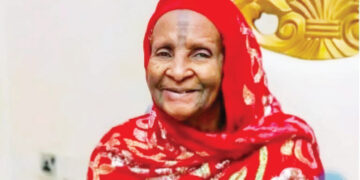LEADERSHIP Founded To Stand Up For Interests Of All Nigerians
Aisha Yolah, editor LEADERSHIP Sunday – Nov 2006-Jan 2007, LEADERSHIP Daily – Jan 2007-Sept 2007
Twenty years! The fact that we celebrate this anniversary in the absence of the founding chairman of LEADERSHIP Newspapers, Sam Nda-Isaiah, makes it an incredible yet bittersweet milestone. Not many newspapers in Nigeria—of whatever pedigree, private or government-owned—can boast of having gone to press every day for twenty years straight.
The paper’s ability to weather the cut-throat business environment for newspaper publishing while staying true to its founding principles is a testament to the late chairman’s vision and heart. He invested his heart and soul into the newspaper as an ideal—a platform for nation-building. He did this primarily by investing in people. He had an uncanny ability to reach out through his vast networks of friendships and acquaintances to find individuals he would mentor, badger and build into great journalists and editors.
A testament to the founding chairman’s unique management style was that he saw women journalists like myself as an asset and not a threat! Few newspapers in the world can boast of having given as many women positions of headship as LEADERSHIP. Many of the young men and women he employed are still keeping the newspaper running today, having risen through the ranks.
Unlike any other Nigerian newspaper, LEADERSHIP’s unique ethos speaks to the true Nigerian spirit—a national ethos that rises above tribe, region, or creed.
Indeed, its mission statement is not just a high-sounding motto for appearances’ sake: the paper was indeed founded to stand up for good governance and the interests of all Nigerians—even against the powers that be. The paper’s founding a few years after the military had handed over to a new civilian administration was no coincidence.
How has the media landscape changed since the company’s inception, and how has the company adapted to those changes?
Social media and the digital age have now taken over traditional newspaper economics. LEADERSHIP has taken full advantage of these new technologies, but the challenges remain—how do we keep up with the real-time, minute-by-minute pace and retain quality and standards? These are just some of the difficulties LEADERSHIP faces as a national newspaper of repute.
What are some of the most memorable moments or breakthroughs that you feel define the company’s success?
From the start, LEADERSHIP was an act of courage. Sam Nda-Isaiah ensured that, through the paper, its commentary and editorials, Nigerians were constantly reminded of the tenets of democracy, and the governments of the day took note. On more than one occasion, the newspaper’s editors faced the wrath of an increasingly autocratic government, such as my late, great news editor, Danladi Ndayebo, who was arrested multiple times. At the height of that infamous third-term project, I was treated to an unexpected, though cordial, visit by the then Senate President David Mark himself—right at my desk!
Through the courage of its founder and consistency over the years, LEADERSHIP has been able to carve a niche for itself as a truly national paper staffed by men and women who reflect the very diversity of our great country.
LEADERSHIP has pioneered and given birth to titles such as LEADERSHIP Hausa and other specialised publications meant to reach wider audiences and readers. Most traditional so-called national newspapers were snobbish and insular, focusing only on an English-speaking reading public. Many publications—some online—have attempted to copy this strategy with varying degrees of success. The courage and ability to publish titles for the large Hausa-reading public of the North was just one aspect of the chairman’s nationalist outlook—to reach out to all, for God and Country.





